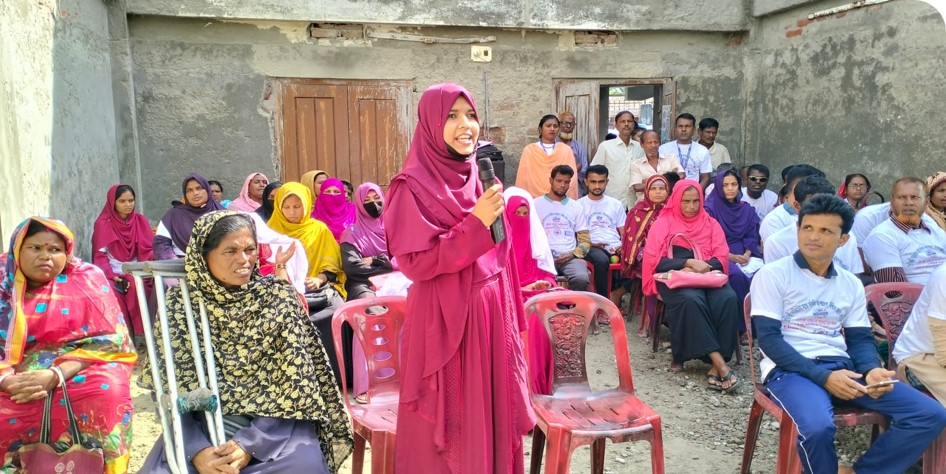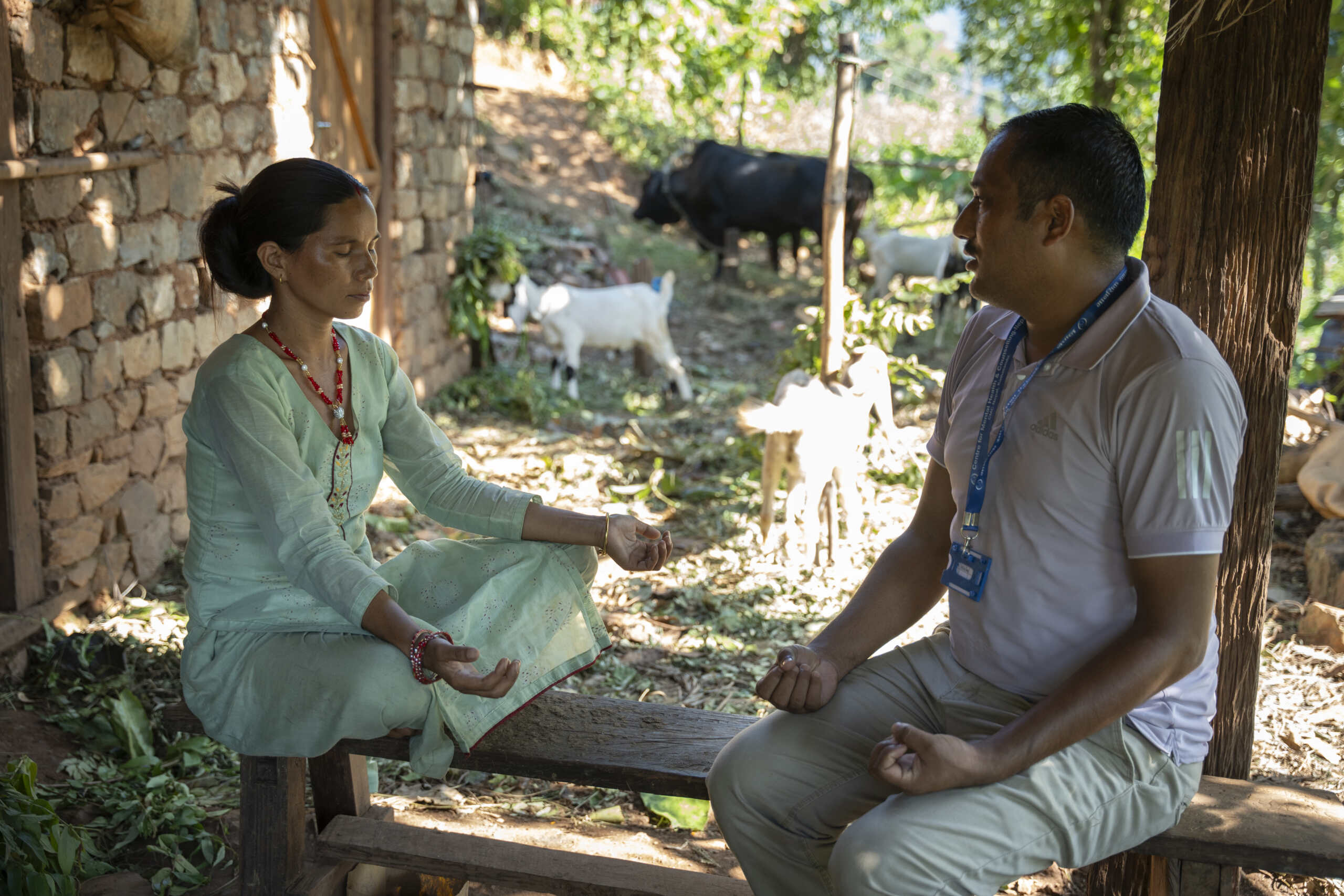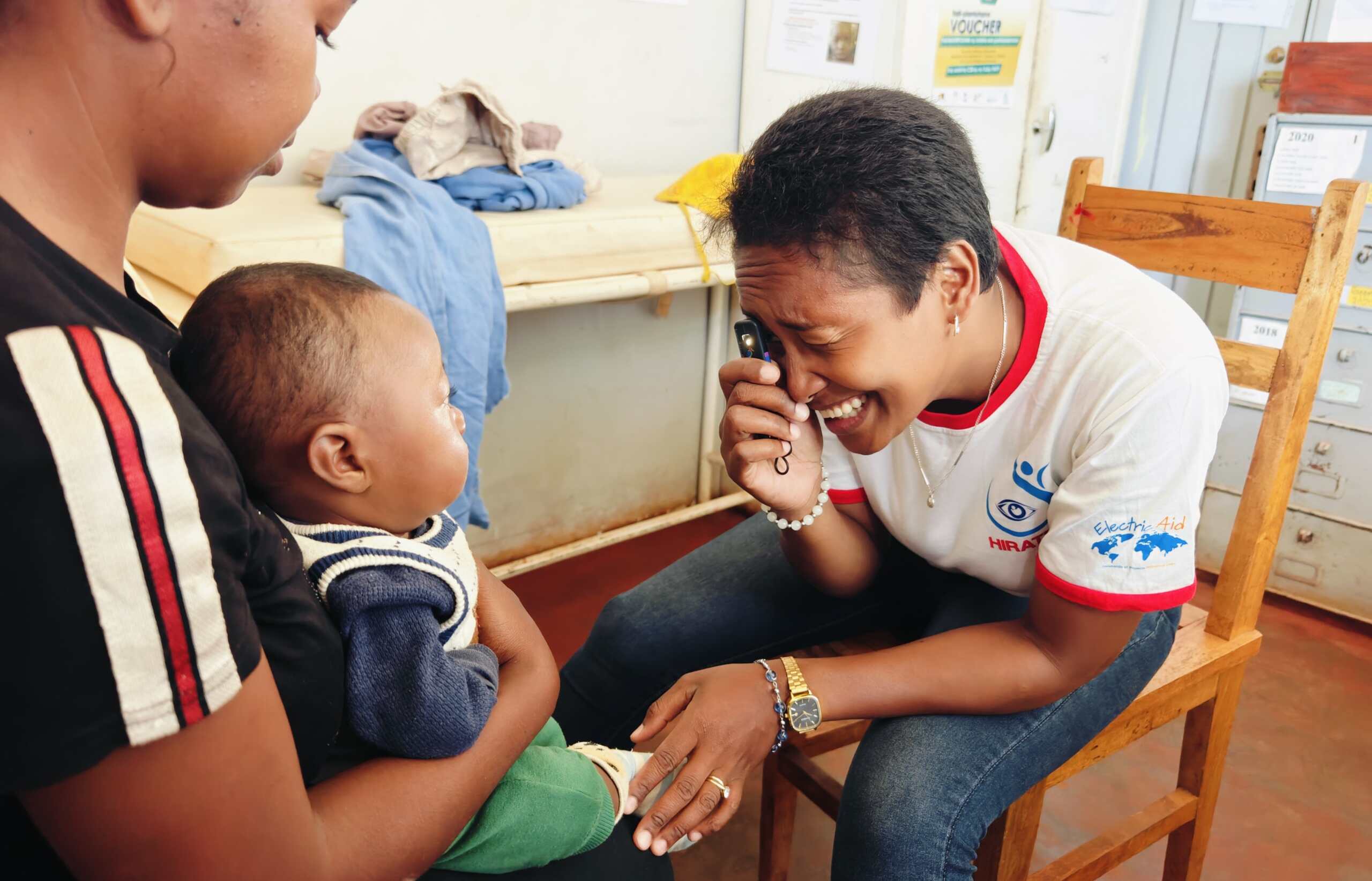The Power of Citizen Data for Disability Inclusion
News | February 4, 2025
Persons with disabilities are one of the most marginalized and excluded groups in society and face countless barriers globally, yet lack of data on the barriers and enablers of persons with disabilities remains. Without data, the situation of persons with disabilities remains unknown and thus cannot be adequately addressed in programs and policies. Moreover, this leads to gaps in measuring impacts, risk factors, changes, and trends of persons with disabilities over time.
Thus, we need available, robust, and accessible data on persons with disabilities, and to ensure the inclusion of persons with disabilities and their representative organizations in the data value chain. We need wider recognition of citizen data, including data efforts led by organizations of persons with disabilities (OPDs), to complement other forms of statistics, including official statistics, to address critical data gaps.
Positively, there is growing recognition of citizen data, especially to be used along with other forms of data to fill key gaps. The Collaborative on Citizen Data is a multi-stakeholder initiative that is building on this momentum with objectives to:
- Fill critical data gaps on groups that are often less visible in data, such as migrants, persons with disabilities and indigenous populations among others and improving data on gender issues, to ensure their experiences and needs are reflected in the data for the implementation and review of the Sustainable Development Goals.
- Enhance citizen participation in government decision-making and further advancing values such as fairness, inclusiveness, openness, and transparency in statistics.
As members of the Collaborative’s steering committee via the Stakeholder Group of Persons with Disabilities, we had the opportunity to organize a session hosted by the Collaborative on 22 January on citizen data and persons with disabilities.
The session provided space for organizations of people with disabilities (OPDs) to share examples of OPD-led citizen data experiences from Ecuador, Kenya, and the Philippines and a regional example from the Pacific. The distinguished panel, all CBM Global partners, included Laisa Vereti from Pacific Disability Forum, Lorne Farovitch from Global Deaf Research Institute, Anafe Maravillas from Las Piñas PWD Federation, Inc., and John Wambua from United Disabled Persons of Kenya. Additionally, the session was moderated by Elizabeth Lockwood from CBM Global. Watch a recording of the session with International Sign interpretation and captions in English.
Over 100 people attended the session and after the presentations, we had a lively and interactive discussion. Let’s build on the growing interest around citizen data to measure barriers, gaps, and enablers for persons with disabilities to influence policy change.
This article is written by Elizabeth Lockwood, CBM Global’s representative to the United Nations.
https://cbm-global.org/news/citizen-data-disability-inclusion
Related News

Achieving resilience for all requires funding disability inclusion in DRR
On International Day for Disaster Risk Reduction (DRR) 2025,...

The Vital Role of Mental Health and Psychosocial Support in Humanitarian Emergencies
Why Mental Health Cannot Be Overlooked When disasters strike, whether...

Lighting the Path to Sight: How Early Eye Screening is Changing Children’s Futures in Madagascar
Every child deserves the right to sight In Madagascar, thousands...
